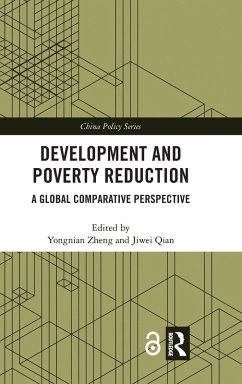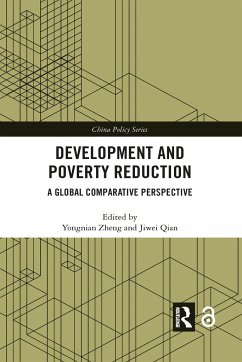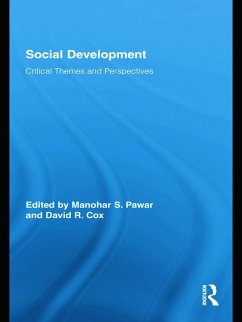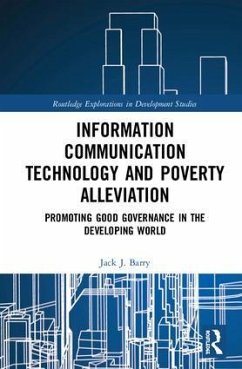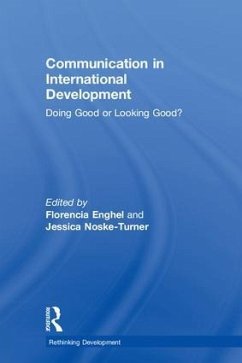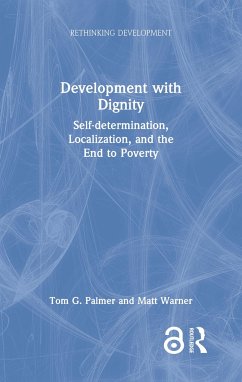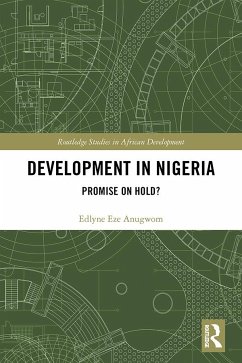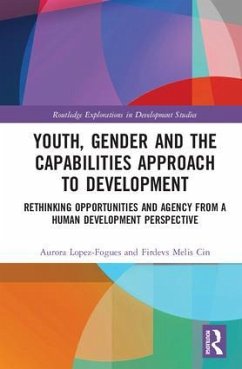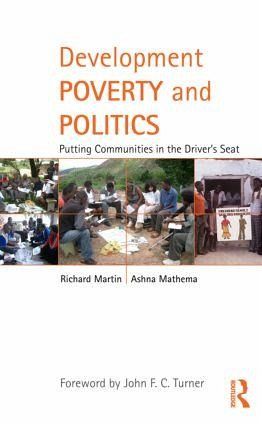
Development Poverty and Politics
Putting Communities in the Driver's Seat
Versandkostenfrei!
Versandfertig in 1-2 Wochen
186,99 €
inkl. MwSt.
Weitere Ausgaben:

PAYBACK Punkte
93 °P sammeln!
Top down . . . bottom up . . . what works? This book explores development from the perspective of the poor. Who are they? What lives do they live? What matters to them? And most importantly, what can they do about it? Martin and Mathema debate how people can be given legitimate control of their own environment, and how governments can work with them. How do communities and conditions drive behavior? What interventions are appropriate and how can we approach development imaginatively? This is not about usurping governance - but revisiting structures that the developed world has come to accept, ...
Top down . . . bottom up . . . what works? This book explores development from the perspective of the poor. Who are they? What lives do they live? What matters to them? And most importantly, what can they do about it? Martin and Mathema debate how people can be given legitimate control of their own environment, and how governments can work with them. How do communities and conditions drive behavior? What interventions are appropriate and how can we approach development imaginatively? This is not about usurping governance - but revisiting structures that the developed world has come to accept, and placing the power of decision in the hands of the people it affects. Nor it is about money . . . it's about people, and about how we can make our world work for everyone.





